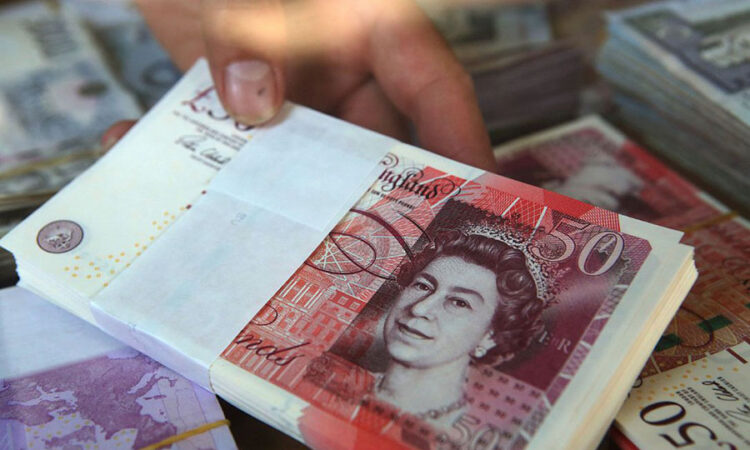
The exchange rate between the naira and UK Pounds sold at over N1000 to £1 for the last 5 days on the black market.
This is according to tracking Nairametrics tracker of black-market exchange rates over the last four weeks since the central bank introduced a revised investor and exporter window.
The UK pound has gained for 5 days back to back against the naira as demand pressure continues to pile up.
What the data is saying: The local currency depreciated slightly against the British Pound on July 10th, 2023, as the average exchange rate was N1025/£1, a 0.49% decrease from N1020/£1 on the previous trading day.
- The Naira maintained its value against the Euro, closing at N850/€1on Monday, unchanged from the previous session.
- On July 10th, 2023, the Naira depreciated 0.32% against the US dollar on the cryptocurrency peer-to-peer exchange market, closing at N790.67/$1.
- Official trading data from the central bank’s weighted average rates of forex also shows the pounds trading at N1008/£1 as of July 7th, 2023. It was N978.7 at the end of June 2023.
The depreciation of the naira against the UK Pounds coincides with the depreciation of the dollar which has also fallen to as low as N790/$1 across some major black market operators.
Why the drop: While there are no official reasons explaining the reason for the drop, sources inform Nairametrics that this is related to the rising wave of Nigerians seeking to emigrate to the United Kingdom.
- The demand pressure for the dollar which is also cross-sold for the pound is piling pressure on the naira as more Nigerians patronize the black market.
- The partial float of the naira has also reduced the demand pressure on PTA and BTA which used to be sold at official rates.
- Most of the demand now flows to the black-market forcing rates to depreciate against the naira.
Nairametrics earlier reported that the disparity between the official and black-market rates has widened in recent weeks, rising to as high as N50/$1 just yesterday.
- Analysts worried that the increasing disparity is likely going to keep piling pressure on the official exchange rate market which might mean further depreciation if supply does not improve.
Meanwhile, data from the National Bureau of Statistics reveal Nigeria attracted a capital importation of just $1.1 billion in the first quarter of 2023, down from $1.5 billion same period in 2022.
- Nairametrics expects capital importation to increase by the time the second quarter report is published.



